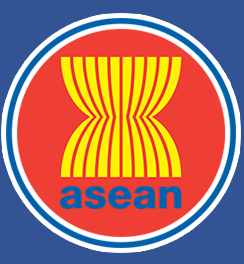ASEAN Journal on Science and Technology for Development
Abstract
Due to limited initiatives and support, the transition to green manufacturing among small and medium enterprises (SMEs) in developing countries remains challenging. Through a critical literature review and case study of the Indonesian vermicelli industry, this study highlights the importance of collaboration and strong policies to address this. Other findings also reveal that the energy intensity and emissions in the sector exceed best practice benchmarks, with the cooking and drying stages contributing significantly to emissions due to high energy consumption. Lack of government regulations, company awareness, and understanding of applicable practices and technologies creates challenges in green manufacturing. The study has utilized a multifaceted approach, including energy efficiency, green technologies, and renewable solutions like hybrid solar dryers. The study helps SMEs in developing countries implement green manufacturing and sustainable practices by providing empirical data and energy-emission benchmarks.
Keywords
benchmark, developing countries, green manufacturing, initiatives, small and medium enterprises, vermicelli
Publication Date
2026
Received Date
10/10/2024
Revised Date
14/02/2025
Accepted Date
20/02/2025
Recommended Citation
PANJAITAN, Togar W. S.; AGUSTIN, Karina; ADI, Prayonne; RAHARDJO, Jani; and SUTAPA, I Nyoman
(2026)
"Unlocking Green Potential in Indonesian Small Medium Enterprises: Challenges and Opportunities for Sustainable Vermicelli Production,"
ASEAN Journal on Science and Technology for Development: Vol. 43:
No.
1, Article 5.
DOI: https://doi.org/10.61931/2224-9028.1626
Available at:
https://ajstd.ubd.edu.bn/journal/vol43/iss1/5

